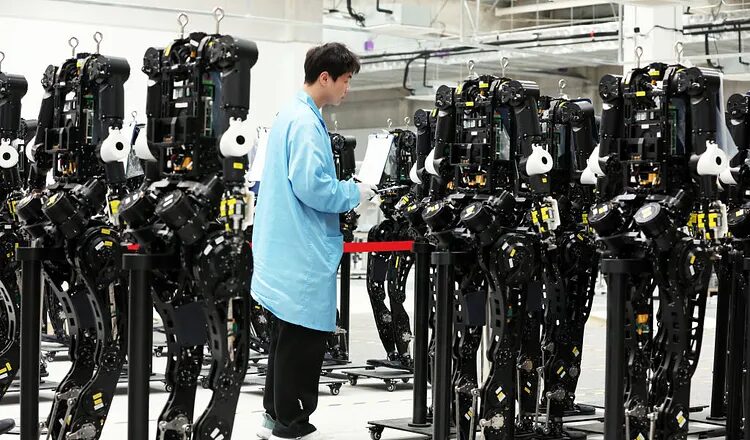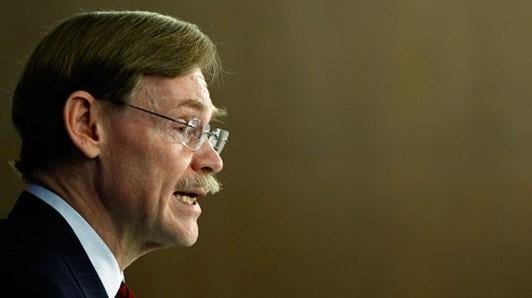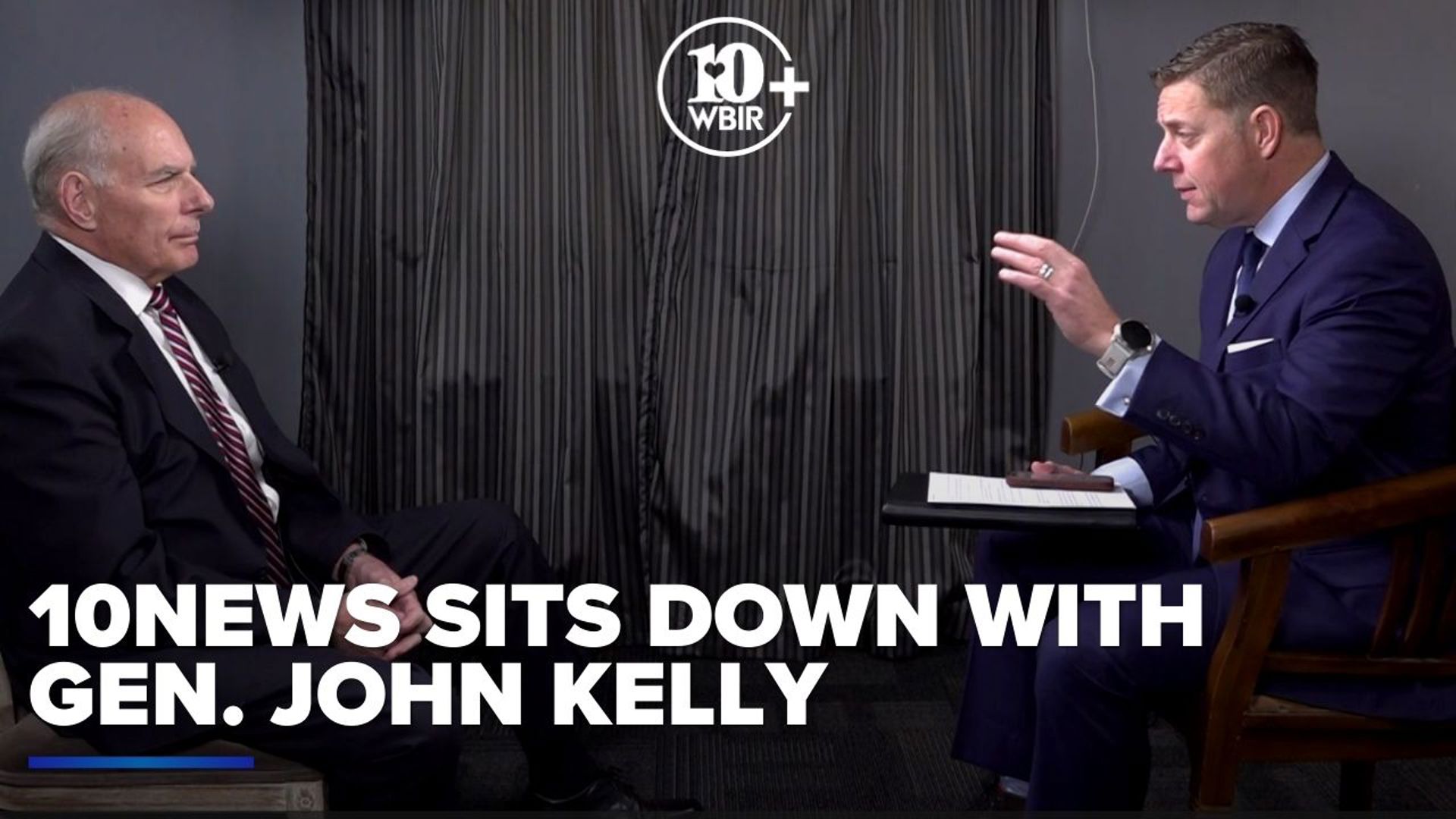
Patrick McGee: China’s Robots vs. America’s Chatbots
In his latest article for The Free Press, WWSG exclusive thought leader Patrick McGee argues that the global AI competition isn’t just about building the…
Thought Leader: Patrick McGee

By Robert B. Zoellick (original source Wall Street Journal)
“In an uncertain world, America’s future security depends on both upgrading military capabilities and expanding economic opportunities. The Trans-Pacific Partnership, a trade accord among 12 countries accounting for almost 40% of the global economy, draws together these two strands of strategy. But TPP has been widely criticized by Republican and Democratic presidential candidates alike and faces an uphill battle in Congress.
Strategists have long recognized the interrelationship between economics and security. As early as 1787, John Jay pointed out in Federalist No. 4 that U.S. trade with Asia could one day lead to conflict. Over the years that followed, oceans that once barred foreign armies became highways for the U.S. Navy and mariners seeking markets. In 1854, Commodore Matthew Perry “opened” Japan to trade. In 1899, Secretary of State John Hayresisted imperialist designs to carve up China, as Africa had been, in favor of an “Open Door” policy to secure equal commercial opportunities.”
Click here to read more
Patrick McGee: China’s Robots vs. America’s Chatbots
In his latest article for The Free Press, WWSG exclusive thought leader Patrick McGee argues that the global AI competition isn’t just about building the…
Thought Leader: Patrick McGee
John Kelly: The Impact of Veterans
10News Anchor John Becker sits down with Gen. John F. Kelly to chat about the impact of veterans and how they work to serve their…
Thought Leader: John Kelly
Erika Ayers Badan: How Great Teams Actually Work
On this episode of Unsolicited Advice, we talk about what actually makes teams work. How clarity beats charisma. Why initiative matters more than experience. Why…
Thought Leader: Erika Ayers Badan

